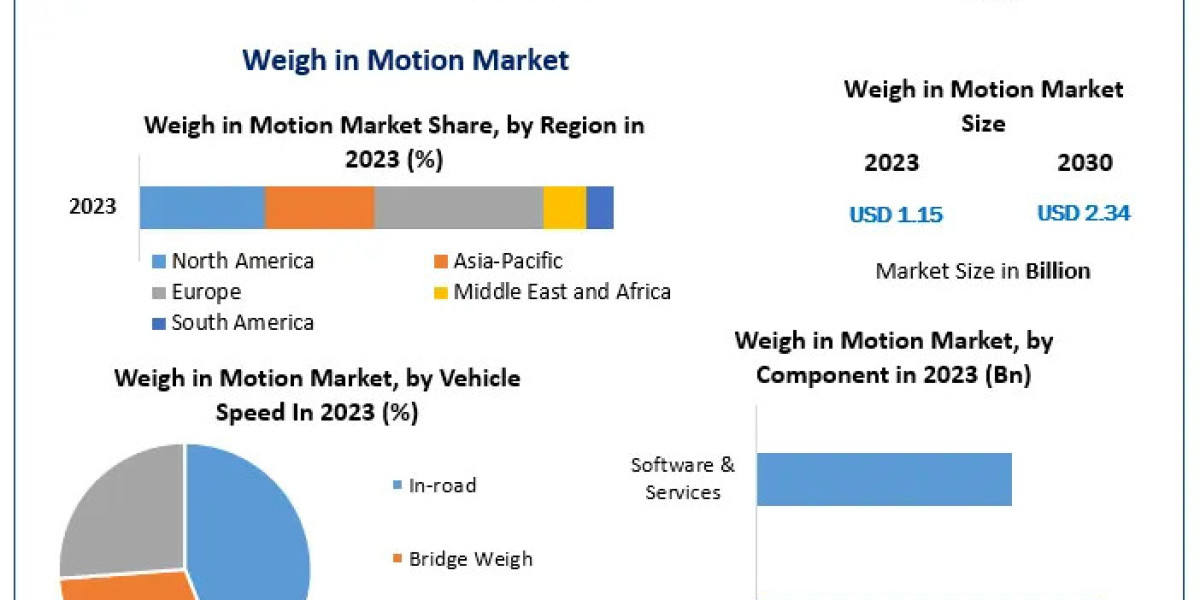The concept of achieving net zero emissions has become a cornerstone in global efforts to combat climate change. As nations, organizations, and individuals increasingly acknowledge the urgency of reducing greenhouse gas (GHG) emissions, net zero has emerged as a rallying point for sustainability goals. This article explores what net zero means, why it is critical, and how different stakeholders can contribute to achieving it.
What is Net Zero?
Net zero refers to a state where the total amount of greenhouse gases emitted into the atmosphere is balanced by the amount removed. Achieving net zero doesn’t mean eliminating all emissions—some industries, such as agriculture and aviation, will likely continue to emit GHGs. Instead, it involves offsetting those emissions through measures such as carbon capture, reforestation, and renewable energy adoption. The goal is to ensure that human activities no longer contribute to the accumulation of GHGs in the atmosphere.
Why is Net Zero Crucial?
The Intergovernmental Panel on Climate Change (IPCC) has emphasized the importance of limiting global warming to 1.5°C above pre-industrial levels to avoid catastrophic climate impacts. Achieving this target requires the world to reach net zero emissions by mid-century. Failure to act could result in:
Rising Sea Levels: Melting ice caps and glaciers will continue to contribute to rising sea levels, threatening coastal communities.
Extreme Weather Events: Higher global temperatures are linked to more frequent and severe hurricanes, droughts, and heatwaves.
Ecosystem Disruption: Many species may face extinction as their habitats are destroyed or altered by climate change.
Key Sectors and Their Role in Net Zero
Energy
The energy sector is the largest contributor to global GHG emissions, primarily due to the burning of fossil fuels. Transitioning to renewable energy sources like wind, solar, and hydroelectric power is critical for achieving net zero. Energy efficiency measures, such as smart grids and advanced storage technologies, also play a significant role.
Transportation
Transportation accounts for nearly a quarter of global carbon emissions. Electrification of vehicles, development of sustainable aviation fuels, and expansion of public transport systems are vital strategies. Additionally, encouraging cycling, walking, and ride-sharing can help reduce individual carbon footprints.
Industry
Industrial processes, particularly in sectors like steel, cement, and chemicals, are energy-intensive and difficult to decarbonize. Innovations such as hydrogen fuel, carbon capture and storage (CCS), and circular economy principles—where waste is minimized, and materials are reused—are crucial for reducing industrial emissions.
Agriculture and Land Use
Agriculture contributes to emissions through livestock methane, fertilizer use, and deforestation. Sustainable farming practices, dietary shifts toward plant-based foods, and reforestation initiatives can mitigate these impacts. Restoring degraded land and protecting existing forests also provide natural carbon sinks.
Strategies for Achieving Net Zero
Policy and Regulation
Governments play a pivotal role in steering the world toward net zero through legislation and incentives. Carbon pricing, emissions trading systems, and subsidies for renewable energy projects are examples of policy tools. International agreements, such as the Paris Agreement, foster global collaboration.
Corporate Action
Businesses are increasingly committing to net zero targets, recognizing both the moral imperative and the economic opportunities. Companies can reduce their emissions by optimizing operations, adopting clean technologies, and sourcing renewable energy. Transparent reporting and third-party verification ensure accountability.
Innovation and Technology
Technological advancements are essential for achieving net zero. Breakthroughs in battery storage, green hydrogen production, and direct air capture of CO2 have the potential to transform how we approach emissions reduction. Investments in research and development can accelerate these solutions.
Individual Efforts
Individuals can contribute to net zero by making sustainable lifestyle choices. Reducing energy consumption, using public transport, adopting plant-based diets, and supporting eco-friendly businesses are actionable steps. Awareness and advocacy also play a role in driving systemic change.
Challenges on the Path to Net Zero
Despite its importance, achieving net zero is fraught with challenges. These include:
Financial Barriers: Transitioning to low-carbon systems requires significant investment, which may be difficult for developing countries or small businesses to afford.
Technological Limitations: While promising, many carbon-reducing technologies are still in their infancy and need further development to scale effectively.
Political Will: Achieving net zero requires strong leadership and global cooperation, which can be hindered by conflicting interests and short-term priorities.
Equity and Justice: It is essential to ensure that the transition to net zero does not disproportionately affect vulnerable populations. A just transition involves creating opportunities for all and addressing social inequities.
The Road Ahead
The journey to net zero requires collective effort and urgency. Governments, businesses, and individuals must collaborate to overcome barriers and accelerate progress. Initiatives like the Race to Zero campaign, led by the United Nations, demonstrate the growing momentum and commitment toward this goal.
Conclusion
Achieving net zero is not just an environmental necessity—it is an opportunity to build a resilient, equitable, and sustainable future. By addressing climate change, we safeguard the planet for future generations and pave the way for innovation and economic growth. While the challenges are significant, the benefits of a net zero world far outweigh the costs. The time to act is now, and every step we take brings us closer to a sustainable tomorrow.
for more information click here: Net Zero








